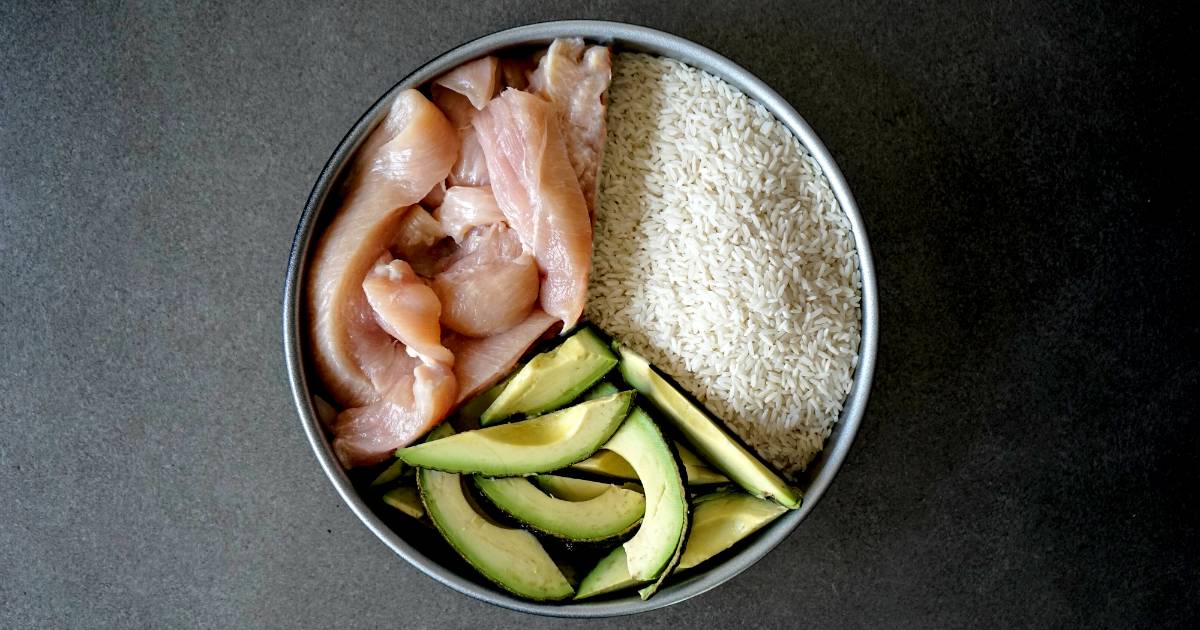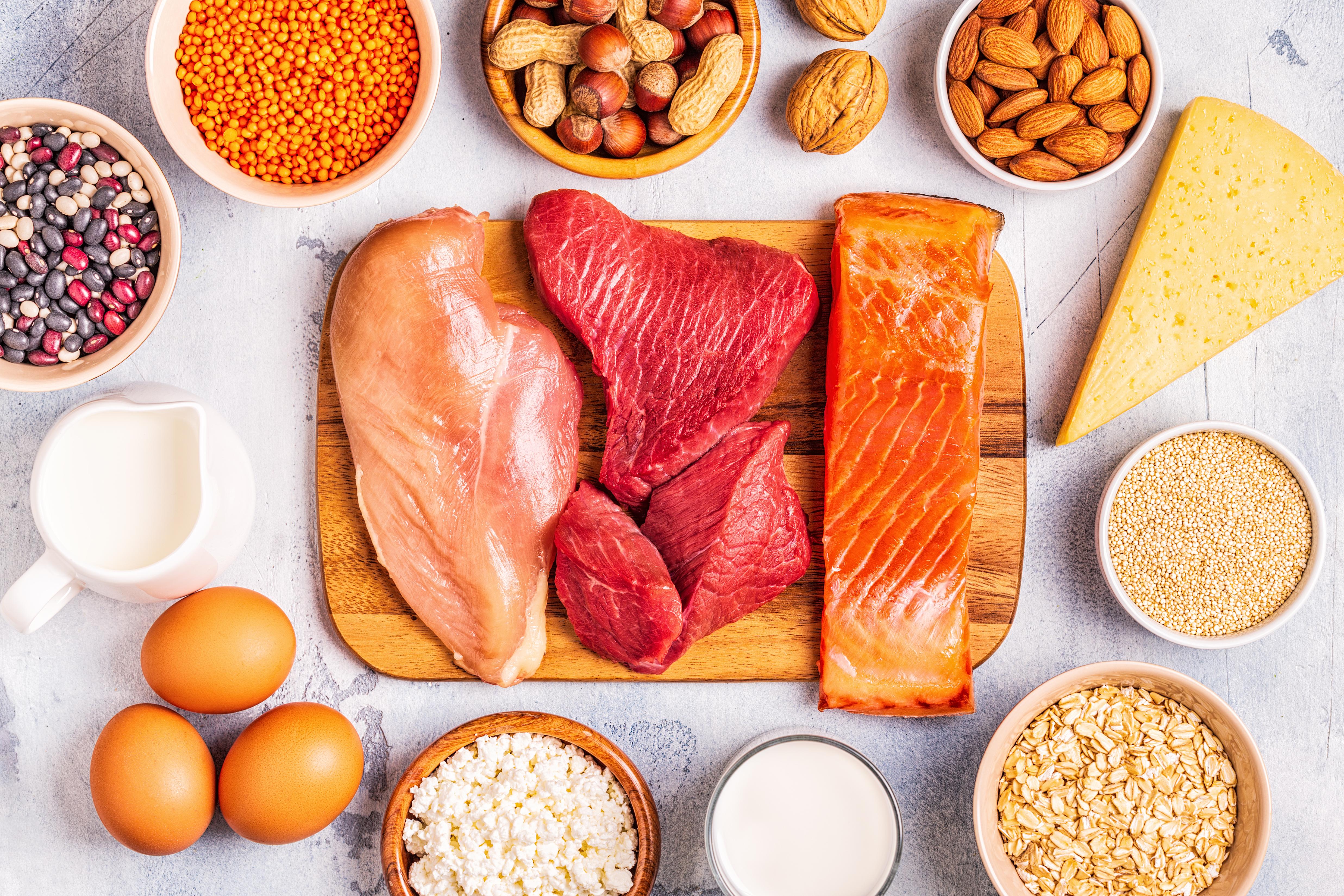Easy Steps to Use Macronutrient Balancing for Sustainable Weight Loss
In today's fast-paced world, the quest for sustainable weight loss often leads individuals through a maze of fad diets, quick fixes, and misleading promises. However, the key to achieving and maintaining a healthy weight lies not in drastic measures but in a balanced approach to nutrition, particularly in understanding and managing macronutrients. Macronutrients—proteins, carbohydrates, and fats—are essential components of our diet, each playing a critical role in our body's functioning. Mastering the balance of these nutrients is crucial for sustainable weight loss, as it ensures that our bodies receive the necessary fuel without excess. This article will guide you through 12 simple steps to effectively balance macronutrients, providing a comprehensive roadmap to achieving your weight loss goals healthily and sustainably. With a focus on practical, science-backed strategies, this exploration will empower you to make informed dietary choices that support long-term health and vitality.
1. Understanding Macronutrients

Before delving into the specifics of balancing macronutrients, it's essential to understand what they are and why they matter. Macronutrients are nutrients that provide the energy necessary for the body's daily functions and activities. Proteins are vital for building and repairing tissues, producing enzymes and hormones, and supporting immune function. Carbohydrates are the body's primary energy source, fueling the brain, kidneys, heart, and muscles. Fats, often misunderstood, are crucial for absorbing vitamins, supporting cell growth, and providing long-lasting energy. Each macronutrient plays a unique role, and an imbalance can lead to health issues or hinder weight loss efforts. By recognizing the importance of each macronutrient, you can make informed dietary choices that align with your weight loss goals and overall health.
2. The Role of Protein in Weight Loss

Protein is a cornerstone of any effective weight loss strategy, offering numerous benefits that extend beyond mere muscle building. A diet rich in protein can enhance satiety, reducing hunger and the likelihood of overeating. This is because protein influences the production of hormones that regulate appetite, such as ghrelin and peptide YY. Additionally, protein has a higher thermic effect compared to carbohydrates and fats, meaning the body uses more energy to digest it. This increased calorie burning can contribute to weight loss over time. Furthermore, maintaining adequate protein intake is crucial during weight loss to preserve lean muscle mass, which is essential for a healthy metabolism. By prioritizing protein, you can support your weight loss journey while ensuring your body remains strong and resilient.
